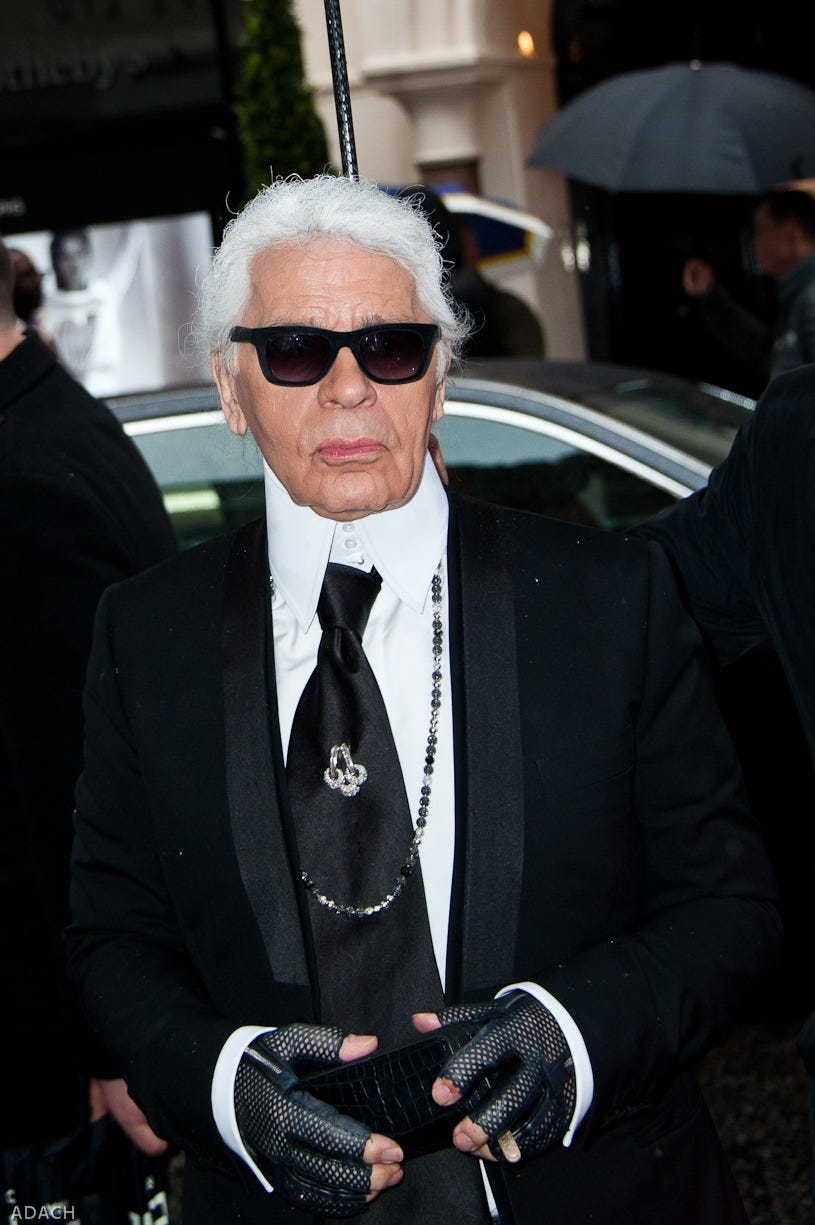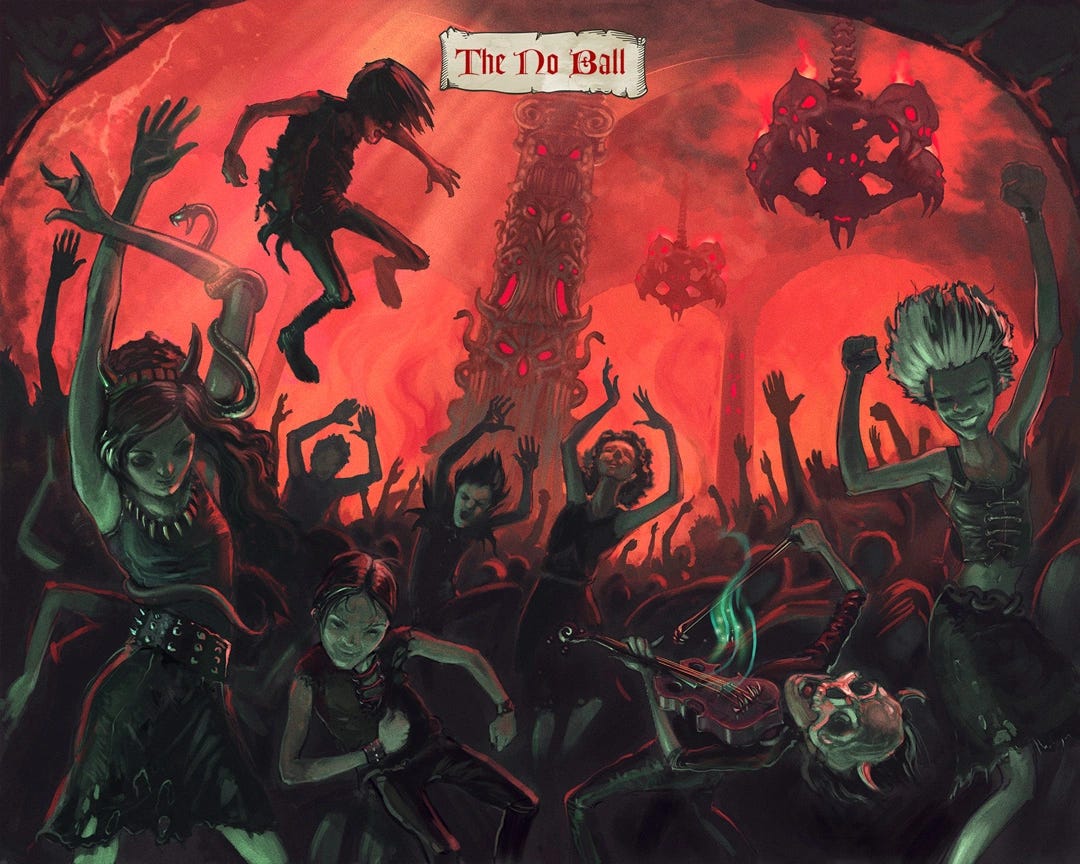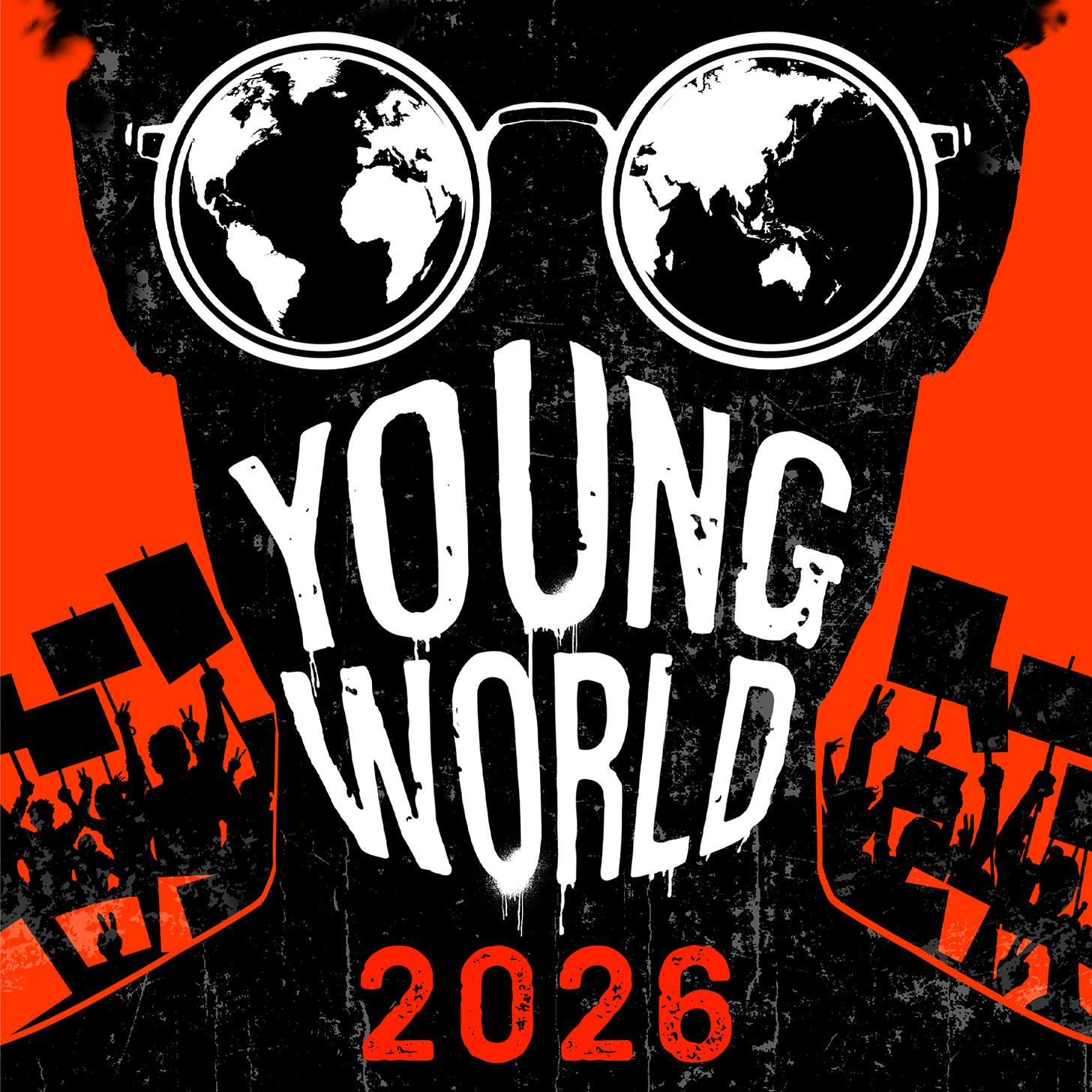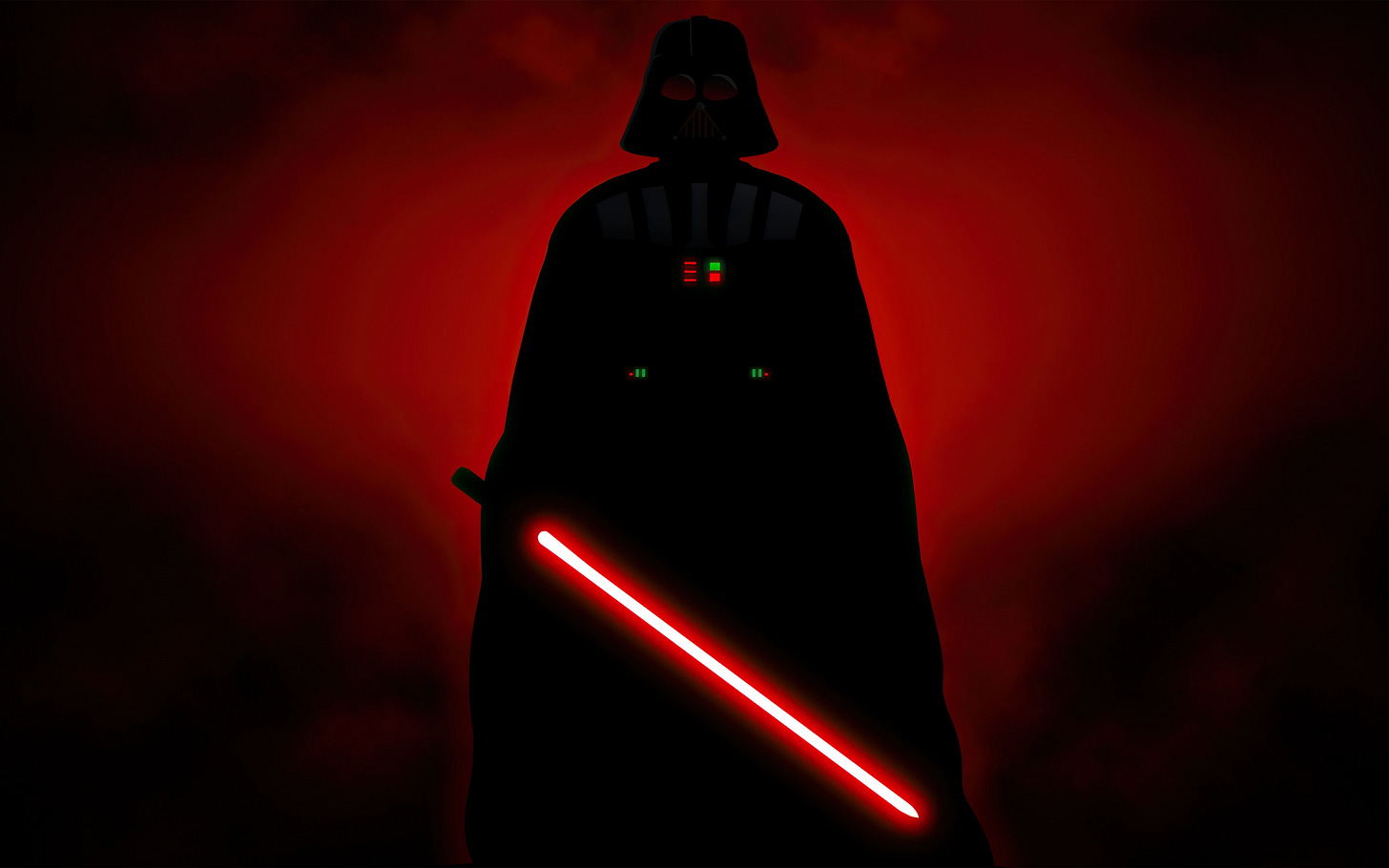“The worst is ugly short men. Women can be short, but for men it is impossible. It is something that they will not forgive in life - to be born short. I have never been friends with a short man in my life. Don't trust them; they are mean, and they want to kill you."
Karl Lagerfeld’s quote is so gleefully vengeful that it still makes me shake my head, more than a decade after I first heard it.
There’s a lot of reasons why it’s endured — the brutality of Lagerfeld’s assessment, the sweep of its generalities, the aggressive German accent in which it was delivered, but most of all: the conviction of it. He’s not only damning a substantial portion of the human population but also demanding that you damn them as well.
The reason is transparent, of course. Anything preached as gospel, especially wayward gospel like this, usually comes from the ashes of personal experience. Meaning there was an OG short man baddie, who burned Karl so hard that he remained very wary of all short men for the rest of his life.
Whoooo? my mind spins. What short creature could fell the very intimidating, very formidable, very tall Lagerfeld so fatally?
What a character this must be.
A character, who despite Karl’s warnings… I would like to meet.
This got me thinking about the villains in my own life that I’ve inflated to personal mythology. The pair of boys who snuck into school at night to rip down my election posters in 6th grade. The teacher who tried to sneak a letter into my college applications, telling them not to take me, all because I quit his debate team. The college roommate who went through my things as I slept. The doctor I dated who kept taking digs at my intelligence so I’d feel smaller. All of us have our own version of a Villains Ball, the ghosts of nemeses still dancing in the moonlight of our minds.
But this also got me thinking about the difference between villains in real life and the ones we read about in books…
Last week, I finally revealed what New Novel is (aka the global political murder mystery sexy thriller) I’ve been at once telling you about in this diary for the last nine months while also hiding from you. But now I have to hide it no more. YOUNG WORLD, it’s called, and it has some pretty doozy villains to reckon with.
And unlike fairy tale villains, which I wrote for 12 years, now I’m firmly in the real-world, which means I had to take a hard look at what I think Evil looks like in real life and sort out my own wayward gospel.
1. Villains usually think they’re the hero.
And I don’t mean in the abstract way. I mean, they literally think they’re the true, cape-wearing crusaders of justice. Which is wild, because in a book, a character with a righteous mission is usually who we’re rooting for. Frodo is on a mission. So is Captain Ahab, Atticus Finch, Jean Valjean, Katniss Everdeen. Harry Potter is nothing if not aggressively righteous. But in real life, Harry might meet with a very different reception (case in point: his author). Time and time again, I’ve learned that The Righteous are the people we should fear the most and are often the most destructive. (Just look at Twitter, which has become a righteous firing squad.)
I love writing righteous villains because they believe to their core that they are the heroes and that the protagonist is the sinner. (The School for Good & Evil is full of them – Rhian (father), Rhian (son), Evelyn Sader, even Sophie.) And this often is the case in real life. Think of how often we’re pushed to be righteous to prove ourselves good or worthy. Questions like: “What are you passionate about?” “What’s your purpose in life?” “What’s your mission?” Asked over and over, at every age. But these are also questions that can turn rancid if the answers to them come from ego, rather than a deeper, more unknowable place.
2. Villains are parasitic.
In books and movies, villains usually appear out of nowhere, with some grand scheme to end the world or enrich themselves.
But in real life, villains are parasites that need a host. They cannot get anywhere on their own or make things happen for themselves. They usually have to steal these things, whether they are big in scale or small. And because of this, they are ironically at the mercy of their victims, who provide them with an identity. Indeed, a villain in real life has to target someone they think has more than them, whether that’s power, money, looks, life force or all of the above. Villains are always in deficiency of something and need a fresh supply.
In books and movies, this can be made exceedingly obvious — think of Charlize in Snow White and the Huntsman drinking the blood of beautiful young girls to stay young, then casually discarding them. But in real life, it’s subtle. Often very subtle. Many times these parasites are close to you. Think of the friend who you tend to feel drained after hanging with — only to slowly realize they’re actually rooting for you to fail. Or the fairweather friend who only metes out their attention when they need something, then vanishes when you need them in return. Or the friend who gives you misguided dating advice because they want you to stay single.
Any of these would make wicked villains. I’ve had my encounters with all. And they can feel far more threatening and menacing than a witch slinging spells.
3. Villains give off a vibe.
And not the kind you expect. You’d expect a villain to come in with dark energy, this noxious force, that triggers warning signals in your body to get away. I mean, if Voldemort or Darth Vader or any Disney villain shows up at your doorstep, you know to climb out the back window.
But in real life, what I’ve discerned is that a villain comes with a different kind of energy — it’s buzzy, chaotic, like they’ve lost control over their center. You can sense it from the moment you meet them. They’ve parted ways with their integrated self and what you’re left with is the absence of that self, the frenetic hole where a soul should be, and as a result, your own body starts to feel very strange in their presence, like you’re being pulled apart like silly-putty, at once drawn into their vortex and desperate to escape it.
I’m thinking of a story, now. Fifteen years ago, I took a yoga class in Manhattan where the high-energy teacher was gone for a week and a substitute took his place. The sub was sensational, producing the best class I’ve ever taken — a 90-minute tour of stillness in various parts of your body that was at once challenging and deeply intense. It felt like some kind of primal excavation, a stirring spiritual audit. I went to the desk after and told the manager they had a new star teacher and he should be on the schedule permanently. As I was relaying my experience, a woman came barreling up, swept in front of me, eyes wild: “Terrible, dangerous instructor,” she hissed. “I felt unsupported and unsafe. He shouldn’t be teaching here.”
I remember her energy, the fury of it. Both of us took the same class. Experienced the same teacher. I saw a hero. She saw a villain. Who’s to say who was right? But I know one thing for sure: that woman’s vibe…
It made me want to get as far away from her as possible.
4. Villains are… kinda fun.
In books, we often love the baddies, and truth is… in real life, we sometimes do too. Yes, it can be dispiriting, destabilizing, dangerous to have a villain in your life. But it can also be exhilarating.
I think back to the times when in tennis, there was a rival on the team who I despised or in high school, when I had someone threatening my Valedictorian status (I know, I know, I was a monster) or in my office-job years, a competitor angling against me… I secretly loved it.
A nemesis can center you. Give you artificial purpose. Get your blood going and spark you to burn at your highest heat. Ultimately, though, this pump doesn’t burn clean. It gets gritty and dirty and clogs up your gears. You become a parasite yourself, siphoning purpose out of pettiness and revenge.
There’s only one option, ultimately. Not to forgive, as some might say. There’s something in that which still feels defeatist. But rather to elevate and transcend, so that whatever the villain wanted from you, whatever you needed from that villain loses its power. In the birds-eye view of your life, it becomes smaller, smaller, smaller, until you see nothing at all.
All these will come into play in YOUNG WORLD — what a relief to write that title! — and I’ll have so much to say about the book in months to come, as I begin to share more about what it’s going to feel and look like.
The book isn’t out for another 18 months, but we revealed it early for two reasons: 1) to avoid the fumes of announcing a political thriller after the election and 2) so I can talk about it more directly in this diary, since this is my little lab for working out my thoughts and philosophies with all of you.
On that note, I’m more curious about the villains you’ve faced in your life. Tell me a story about someone who haunted you. Did they produce any tenets of your own wayward gospel?
Until next week…













oh, i've also got the anti-valedictorian campaign crowd i could still cower and cringe about. (thankfully my family claims they didn't hear them booing during my speech.)
i've got the cousin bullies of my only-childhood, too.
but mostly, i often think i'm my own villain. stressing instead of doing. volunteering instead of protecting my own creativity. learning instead of trying. actively avoiding the deep work for the sake of the easy and the guaranteed results.
(also echoing my excitement for NEW NOVEL with RELEASED title. whoop whoop soman!!!)